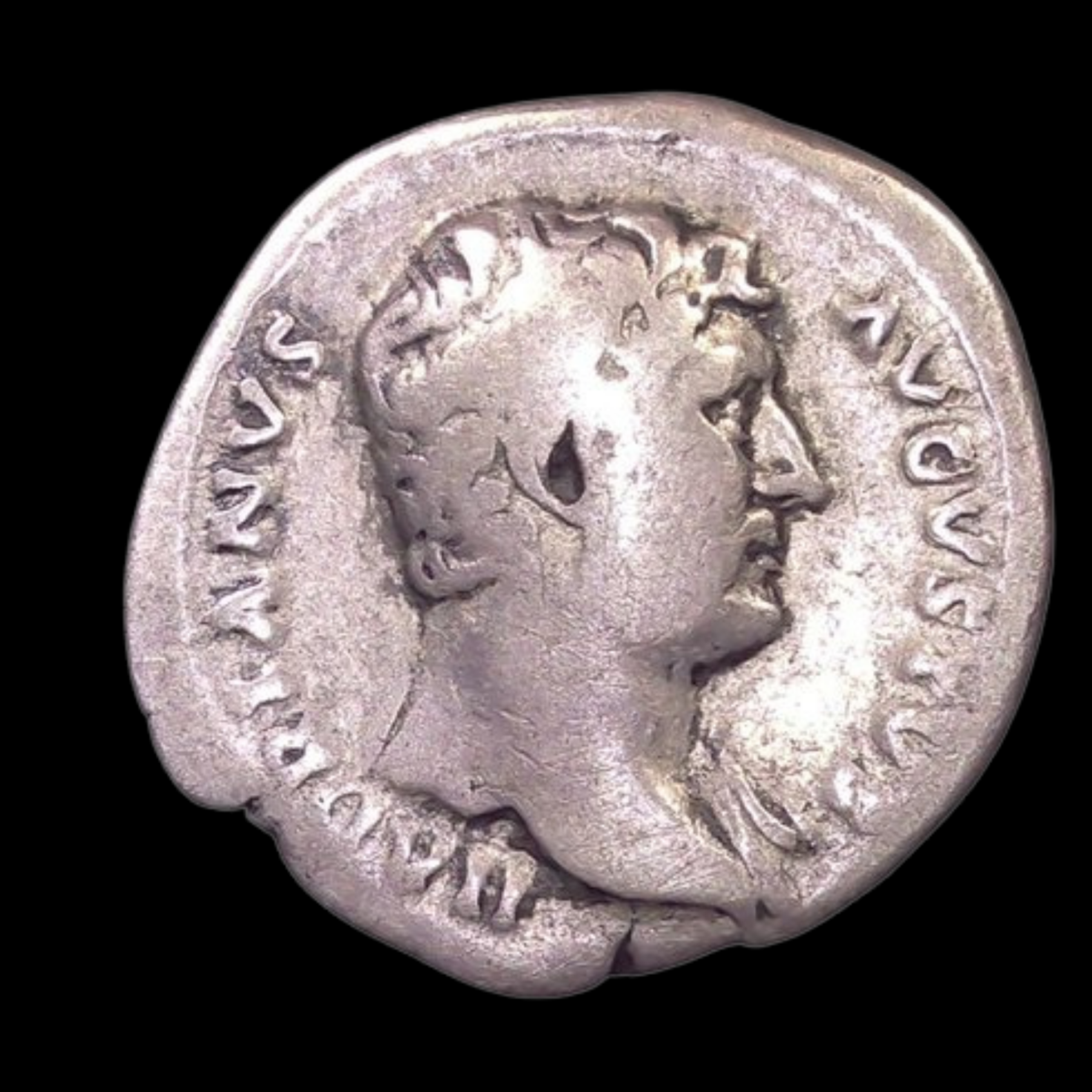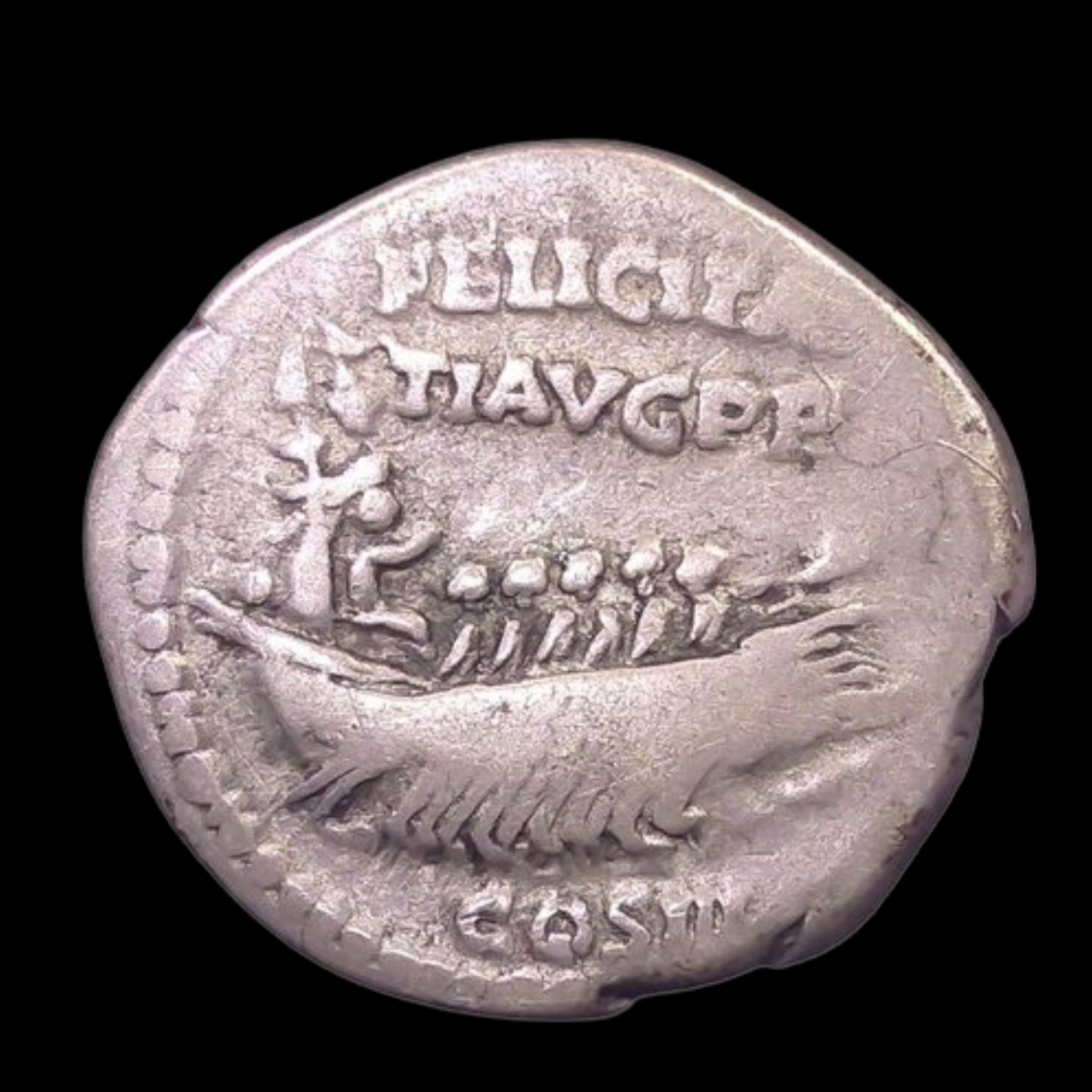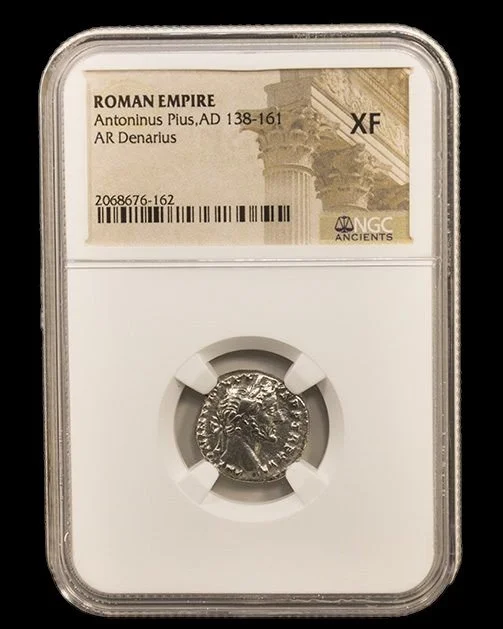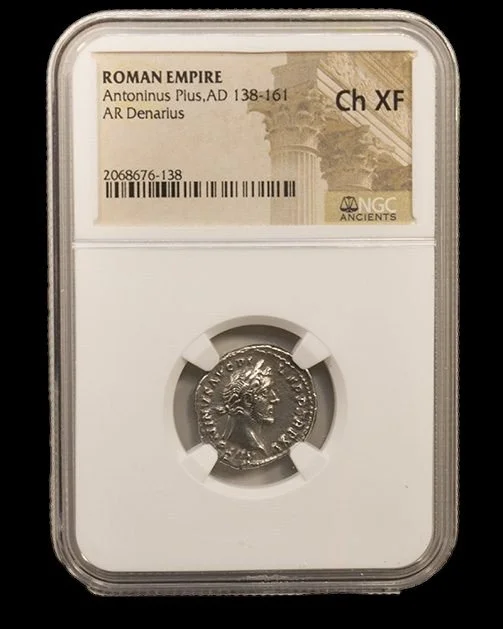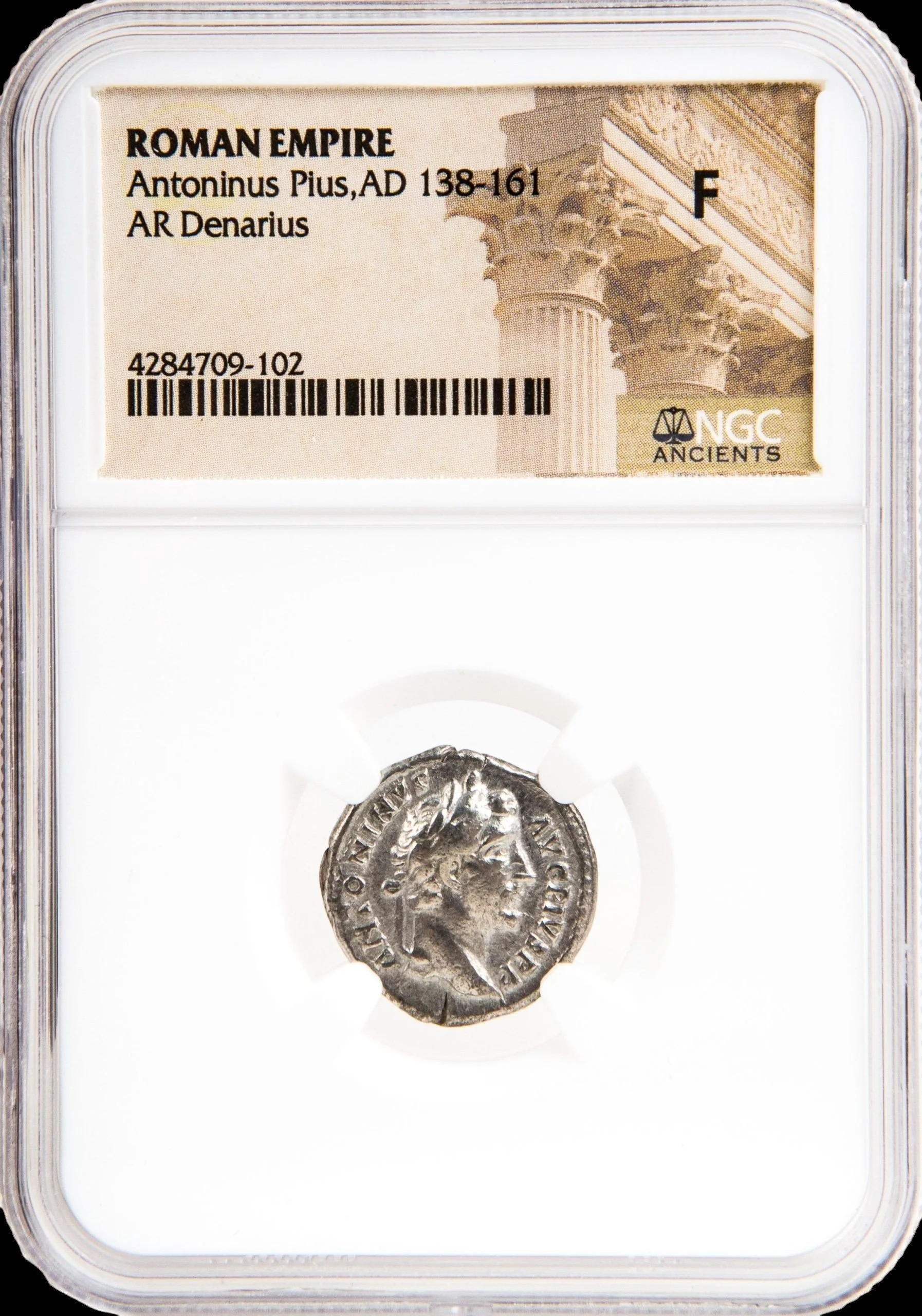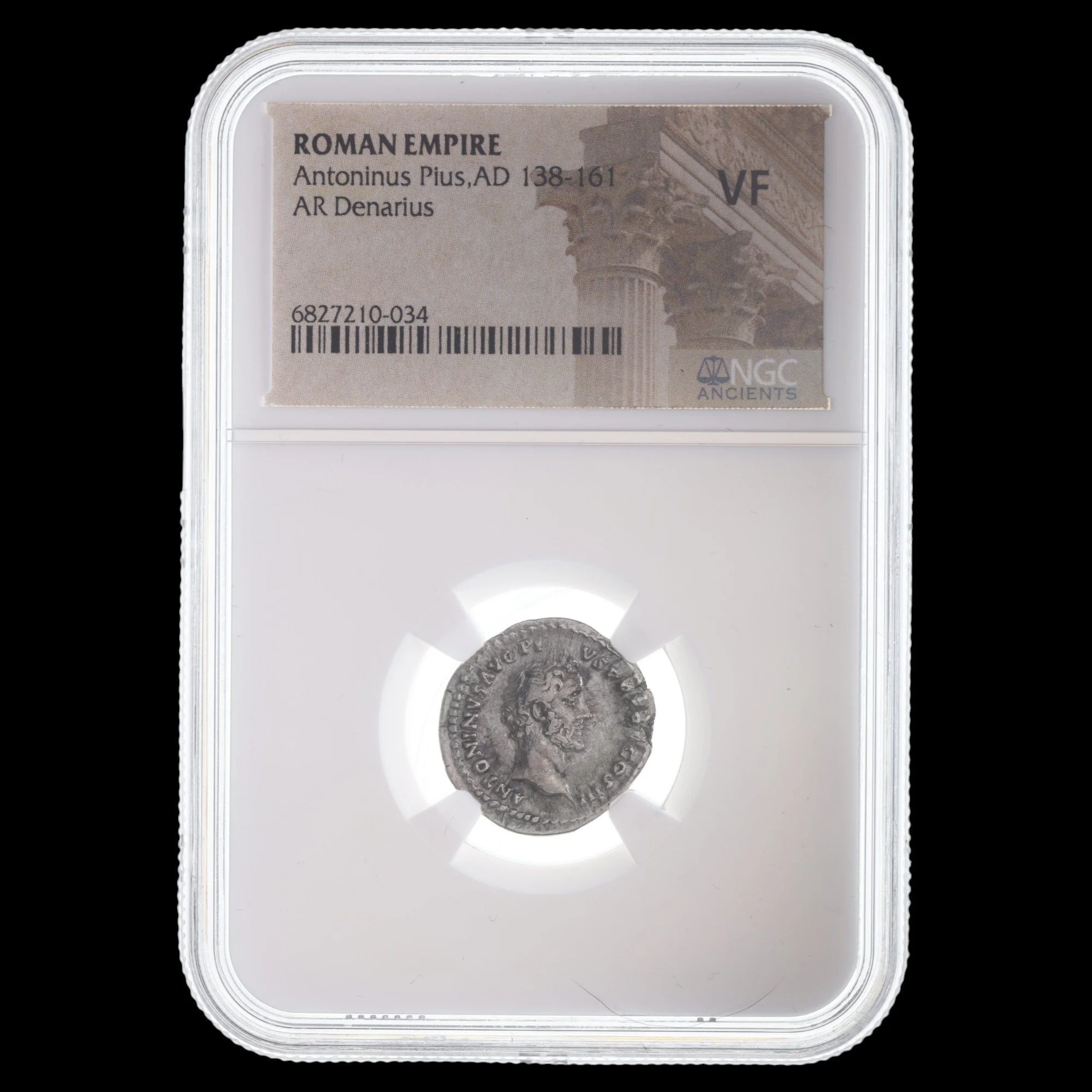 Image 1 of 6
Image 1 of 6

 Image 2 of 6
Image 2 of 6

 Image 3 of 6
Image 3 of 6

 Image 4 of 6
Image 4 of 6

 Image 5 of 6
Image 5 of 6

 Image 6 of 6
Image 6 of 6







Ancient Roman Silver Coin of Empress Julia Mamaea (Mother of Emperor Severus Alexander)
Julia Mamaea AR Denarius (NGC Certified) — Severan Dynasty's Final Regent
Authentic NGC-certified silver denarius from Julia Mamaea Augusta — Alexander Severus' mother rules as regent until both murdered by legions (AD 222–235).
Imperial Mother Design
• Obverse: Draped diademed portrait — powerful Augusta authority
• Reverse: Pietas / Fecunditas / Concordia — maternal dynasty legitimacy
Technical Specifications
• Material: Silver (AR Denarius)
• Denomination: Denarius (Severan standard)
• Date: Before AD 235
• Certification: NGC slabbed
• Role: Regent for son Alexander Severus
Dynasty Ending Essential
• Rules empire through son's entire minority
• Most powerful Roman imperial mother
• Rhine legions kill both in tent (Alexander clings to mother)
• Ends 42-year Severan dynasty violently
Collector Masterpiece
Regent empress silver from Severan finale. Mamaea's maternal tragedy essential.
Note: Coins shown are representative examples of grade/type, not actual specimens. For NGC grading standards, see NGC Grading page.
Julia Mamaea AR Denarius (NGC Certified) — Severan Dynasty's Final Regent
Authentic NGC-certified silver denarius from Julia Mamaea Augusta — Alexander Severus' mother rules as regent until both murdered by legions (AD 222–235).
Imperial Mother Design
• Obverse: Draped diademed portrait — powerful Augusta authority
• Reverse: Pietas / Fecunditas / Concordia — maternal dynasty legitimacy
Technical Specifications
• Material: Silver (AR Denarius)
• Denomination: Denarius (Severan standard)
• Date: Before AD 235
• Certification: NGC slabbed
• Role: Regent for son Alexander Severus
Dynasty Ending Essential
• Rules empire through son's entire minority
• Most powerful Roman imperial mother
• Rhine legions kill both in tent (Alexander clings to mother)
• Ends 42-year Severan dynasty violently
Collector Masterpiece
Regent empress silver from Severan finale. Mamaea's maternal tragedy essential.
Note: Coins shown are representative examples of grade/type, not actual specimens. For NGC grading standards, see NGC Grading page.


